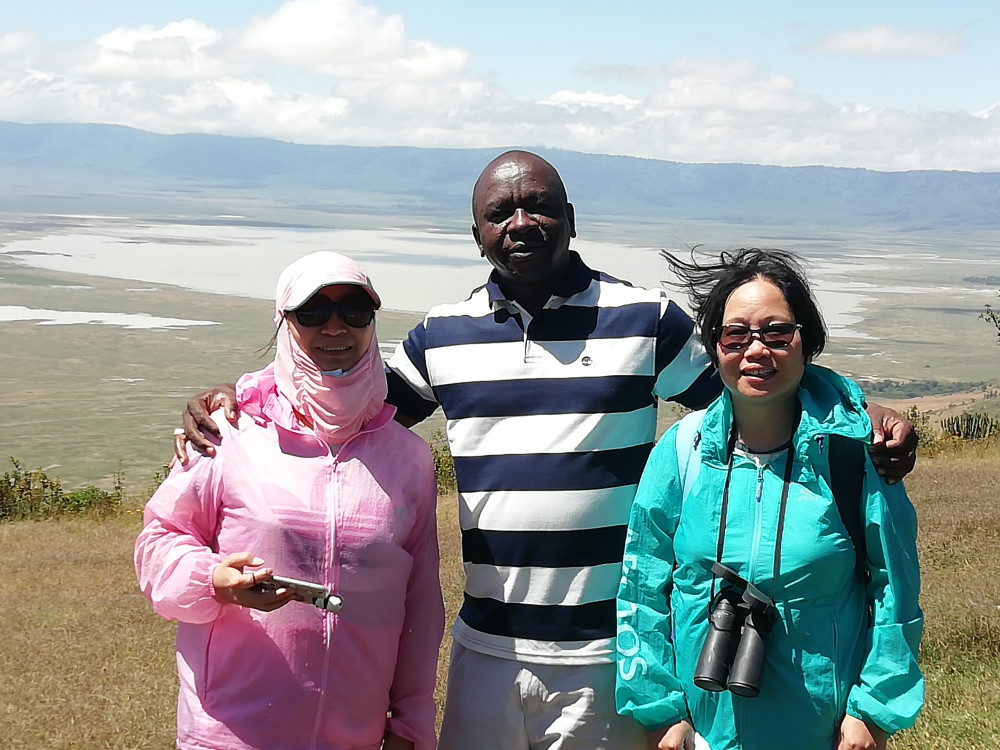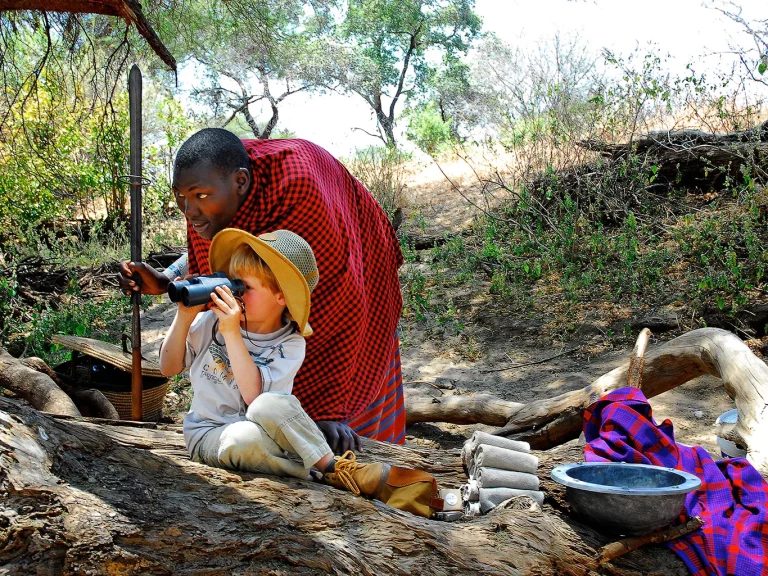Recommended Tips For Picking Island Snorkeling In Mombasa
Wiki Article
What Health And Safety Precautions Do I Need To Be Aware Of When On Holiday In Mombasa?
If you're planning a trip to Mombasa (Kenya), it's important to be aware of the health hazards. Here are some health-related issues to be aware of:
1. Vaccinations
Routine Vaccinations: Ensure that you are up-to-date on routine vaccines such as measles-mumps-rubella (MMR), diphtheria-tetanus-pertussis, varicella (chickenpox), polio, and your yearly flu shot.
Hepatitis A is advised for all travelers due to the risk that food and water may be affected.
Hepatitis B is advised for travelers who could be exposed via sexual contact or medical treatments to bodily fluids.
The vaccination against typhoid is recommended for everyone who travels, particularly those traveling to rural or small regions, staying with family, or eating in unfamiliar places.
Yellow Fever. People from countries at danger of catching yellow fever could be required to show the certificate of vaccination. Make sure you are aware of the current guidelines.
Rabies: Those who are at risk of animal bites during outdoor activities like camping, hiking or caving should be aware of this.
2. Malaria Prevention
Mombasa is a malaria-prone city with a high prevalence. Consult your physician about the best antimalarial drug for you.
Wear long sleeves and pants during late at night and during the evening, and use insect repellent that contains DEET. You should sleep under a mosquito net when you're not in a climate-controlled room or one with good screens.
3. Food and Water Safety
Drink safely: Use boiling or bottled water. Do not drink tap or ice water.
Eat Safely: Only eat properly cooked food. Avoid eating meat that is undercooked, raw, or seafood. You should also avoid fruits and veggies which haven't been cleaned. Avoid street food, and go to reputable eateries.
4. Diarrhoea in Travelers
Hand sanitizers, soap and water are efficient methods to avoid infection. Beware of food and beverages from unreliable sources.
Bring medications with you like Imodium and oral sodium rehydration. To treat severe conditions, consult your physician for antibiotics.
5. Sun Protection
Make sure you use a sunscreen that has at least a 30 SPF. Make sure to apply it regularly, especially in the event that you've spent time swimming or have sweated.
Wear sunglasses and hats to shield your eyes from the sunlight. Also, wear light, long-sleeved and lightweight clothing.
6. Heat and Hydration
Stay Hydrated. Drink plenty, preferably water, to avoid dehydration. Caffeine and excessive alcohol can cause dehydration.
Beware of overexertion. Take frequent breaks particularly during the hot periods during the day. To prevent heat exhaustion or heat stroke, look for shade or cool environments.
7. Water Safety Activities
You can swim in Areas Designated be aware of local conditions including currents, as well as hazards.
Awareness of marine life Be aware of the dangers of marine life and steer clear of it, which includes jellyfish and seaurchins. Wear water-shoes when walking through shallow waters.
8. Medical Care and Insurance
Travel Insurance: Ensure that you have an insurance plan for your trip that covers medical emergencies, including evacuation.
Local Medical Facilities: Acquaint yourself with the exact location of medical facilities that are reputable in Mombasa. The most reputable hotels usually provide you with information on doctors and nearby hospitals.
You'll need to bring your medications, as well as copies of prescriptions.
9. Contacts for Emergencies
Find the contact details of the embassy of your country in Kenya by contacting them.
Local Emergency Numbers: Learn the emergency numbers for your local area: Police (999) (999), Fire (999) and Ambulance (999).
You can have a great time in Mombasa and avoid the dangers by taking these simple health tips. Follow the most popular Kenya safaris for site info including afri safari, beach in mombasa, tour agents in kenya, mombasa beach kenya, travel & tours company, safari trips in africa, kenya safari holiday, kenya tours, african safari tours kenya, mombasa tour companies and more.

What Are The Weather Considerations Must I Be Aware Of Prior To A Holiday In Mombasa Kenya?
Knowing the weather patterns in your area will help you to prepare your bags in a way that will maximize your vacation. Here are some key aspects to take into consideration:
1. Climate Overview
Mombasa's tropical climate is hot and humid throughout the year. Warm temperatures are expected, with temperatures usually ranging between 24degC(75degF) and 32degC(90degF).
2. Seasons
The Hot and Humid Season (November through April) This time period is characterized by extreme temperatures and humid. It is the most popular tourist season.
Long Rains: (April-June) The rainy season is characterized by severe rainfall and thunderstorms. The roads can be muddy, making them difficult to navigate. The season is not busy for tourists.
The coolest season is from June to October during which temperatures and humidity are at their lowest. The weather is generally pleasant and ideal for outdoor sports.
Short Rains from October to November: This is the period where there are fewer and less heavy rains. The rains generally last just a few minutes and are followed by sunny skies.
3. Tips for packing
Lightweight clothing: To remain dry and cool in the humid climate Pack light, breathable clothing such as cotton or linen.
Rain Gear - If you're traveling during rainy season ensure you bring a jacket with a water-resistant coating, a raincoat, and footwear that is waterproof.
Sun Protection: Sunscreen with high SPF and a wide-brimmed hat sunglasses, and clothing that cover your skin will aid in protecting your skin from the harsh sun.
Swimwear is essential for the beach and hotel pools.
4. Weather Specific Activities
Beach Time: The most ideal time to enjoy the beach is during cooler months (June-October) during which the weather and sea conditions are nice.
The clear, calm water from November through March is the perfect time to snorkel diving, snorkeling and other water sports.
Wildlife viewing: As the weather improves and the sun is shining, it's a perfect time to take a safari or nature excursions.
5. Things to Consider for Health
Hydration is essential in this hot and humid weather. Take a large amount of water if you plan to spend time outdoors.
Health-related illnesses that are related to heat: Be aware of the risk of heatstroke and exhaustion. Wear loose-fitting clothing, and stay away from strenuous exercise in the heat of summer.
6. Adjustments to Travel
Rainy Season Travel: Be prepared to face travel delays and disruptions if you visit in the season of rain. There may be instances where roads are impassable and outdoor activities may be restricted.
Flight Delays: Tropical rains may cause delays on flights. Prepare contingency planning and stay up-to-date with your travel plans.
7. Environmental Considerations
Natural hazards: Be aware of the risk of flooding in heavy rains. Be aware of the weather conditions. Also, comply with any local safety rules.
Be mindful of the tides. They are unpredictable and may affect beach activities. Be sure to check the tide schedule for your locale before swimming or beachcombing.
By knowing what to expect from the weather in Mombasa it will help you organize and plan your trip, pack securely, and enjoy an enjoyable trip. View the top park funzi for blog recommendations including travel tours in kenya, afri safari, kenya tours and travel, kenya safari and beach packages, facts about kenya, beach in mombasa, safari a nairobi, kenya travel, tours and safaris, safari excursions and more.

What Financial Planning Considerations Do I Must Be Aware Of When I Am Planning To Spend My Holiday In Mombasa, Kenya?
Financial planning is essential when you're on holiday in Mombasa. Here are key financial considerations to keep in your head:
1. Budgeting
Accommodation: Do your homework and make reservations in advance. The cost of lodging varies based on the location and the type of accommodation.
Transportation: Include all the costs related to flights, local transportation, (taxis matatus, taxis and tuks) and possible excursions.
Budget for all meals, not including food and eating out. From budget-friendly restaurants to high-end ones, prices can differ.
Admission fees to attractions, guided tours and activities like safaris, water sports or cultural tours.
2. Exchange Rates and Currency
Kenyan Shilling (KES): This is the currency of Kenya. Be aware of the current exchange rate.
Currency Exchange: You can exchange money at reputable banks, bureaus of currency exchange, or at your hotel. Do not exchange cash on streets.
ATMs: ATMs are widely accessible in Mombasa. Check that your card is able to be used for international withdrawals. Also, make sure you are aware of any fees.
3. Payment Methods
Cash: Always carry some cash with you to pay for small items such as tips and at places which accept credit cards.
The majority of credit cards are accepted in hotels, restaurants and larger stores. Tell your bank about your travel plans in order to stop your card from being blocked.
Mobile Payments: M-Pesa is one of the popular mobile payment system in Kenya. This is useful for local SIM cards.
4. Save money by using these simple tricks
Travel Off Season: You can save money by booking hotels and flights during the shoulder or low season (April to June and from October - November).
Plan your travel well in advance so you can ensure better prices on flights.
Local restaurants. There is a chance to enjoy a more authentic dining experience in local eateries as well as food stalls.
5. Tipping
Tipping is a customary practice in Kenya. In restaurants, a 10 10% tip is commonplace if the service isn't included. Tips for hotel staff, guides, and drivers according to your preference.
Tips: Small amounts in local currency are appreciated. For instance, you can tip the porters KES 50-100 a bag and the housekeepers KES100 per day.
6. Emergency Funds
Reserve funds: Keep an emergency fund of cash on hand and make sure you can access additional funds through a credit or debit card.
Travel Insurance - Get comprehensive insurance that will cover medical emergencies, cancellations and theft.
7. Security
Protect your valuables by storing spare cash, passports, and other valuables using the hotel's safe. Beware of ATMs that are open late at night.
Avoid carrying large sums of money: Don't carry large amounts in cash. Separate your cash and credit cards in two different locations: inside your wallet, and in a second secure location.
8. Local Transactions
Bargaining: At local markets, bargaining is very common. Be respectful and have good humor. It is important to get a fair price.
Receipts: Save receipts for big purchases. Budget tracking and disputes may profit from this.
9. Understanding Fees
Ask your bank for details on international withdrawal fees. Certain ATMs could charge a fee when making use of foreign credit cards.
Currency Conversion Costs: Learn the currency conversion fees that could be imposed by your bank when using credit or debit cards overseas.
By considering these financial planning considerations that you will be able to control your costs effectively and enjoy peace of mind during your trip to Mombasa. Take a look at the top best holiday destinations in kenya for site advice including trips to kenya africa, safari and tours, kenya safari beach, africa in kenya, mombasa tours, tours safari africa, trips to kenya, kenya safaris and tours, kenya holiday packages, kenya safari beach and more.
